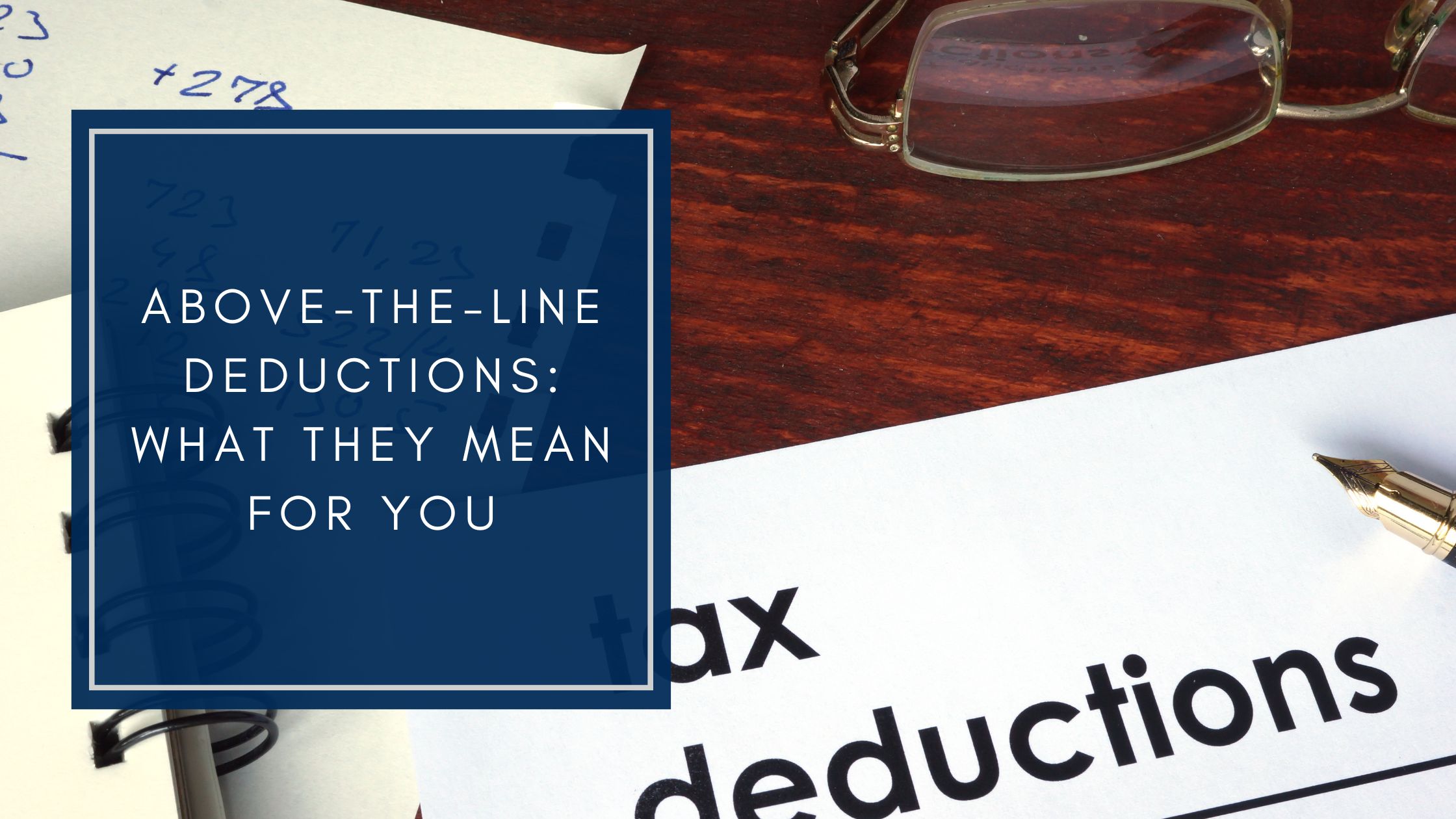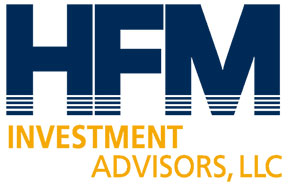
Above-the-Line Deductions: What They Mean for You
On Episode 72 of the DollarWise Podcast, Andrew Barnhardt and Brett Herron dug into a topic that might not sound exciting at first glance but could save you real money when it comes time to file your taxes: above-the-line deductions.
These deductions often get overlooked, yet they’re one of the most effective ways to reduce your taxable income and create opportunities for better planning throughout the year.
Why Talk About Above-the-Line Deductions?
Taxes aren’t just a March and April conversation. The decisions you make throughout the year—from how you save for retirement to how you handle health care—can directly affect how much you owe.
Above-the-line deductions are the “first line of defense” when it comes to lowering taxable income. They reduce your gross income to determine your Adjusted Gross Income (AGI), which then impacts what additional deductions, credits, and benefits you may qualify for down the line.
Think of it like a football game:
- First half: Above-the-line deductions bring your income down to AGI.
- Half-time: Your AGI is set.
- Second half: Below-the-line deductions and credits kick in.
Common Above-the-Line Deductions
Andrew and Brett highlighted some of the most practical deductions that apply to many business owners and working families:
- Retirement Contributions
Traditional IRA, 401(k), 403(b), SEP IRA, and SIMPLE IRA contributions are all deductible. The government uses this tax break to incentivize retirement savings. While contribution limits and eligibility can vary, these accounts provide an immediate deduction today in exchange for paying taxes when you withdraw in retirement. - Health Savings Accounts (HSAs)
For those with high-deductible health plans, HSAs offer a rare “triple tax advantage”:
- Deductible contributions today
- Tax-free growth inside the account
- Tax-free withdrawals for qualified medical expenses
Contribution limits in 2025: $4,300 for individuals and $8,550 for families, with an extra $1,000 allowed for those over age 55.
- Student Loan Interest
Borrowers can deduct up to $2,500 in student loan interest annually (subject to income limits). This is an easy win if you’re already making payments—just make sure your tax preparer or software captures it. - Self-Employment Tax and Health Insurance
Business owners can deduct the “employer portion” of their self-employment tax, which helps offset the extra burden of paying both sides of Social Security and Medicare. They may also deduct health insurance premiums, further reducing taxable income.
A Few Unusual Ones
Not all deductions are created equal. The team had some fun highlighting a few niche ones:
- Winning an Olympic or Paralympic medal
- Planting timberland for reforestation
- Attorney fees for helping the IRS catch tax evaders
Unlikely for most, but they serve as reminders of how the tax code uses deductions to encourage specific behaviors.
Why This Matters
Your Adjusted Gross Income (AGI) is more than just a number. It determines eligibility for credits, deductions, and tax strategies you may want to use in the future. Finding ways to lower your AGI through above-the-line deductions can open the door to more savings opportunities throughout the year.
As Brett summed up: these aren’t just tax-time considerations, they’re year-round planning opportunities. Whether it’s boosting your retirement contributions, checking if you qualify for an HSA, or capturing student loan interest, every step helps reduce your liability and keeps more money in your pocket.
Final Thoughts
Above-the-line deductions are foundational to smart tax planning. They reduce your income before you even think about the standard deduction or itemizing, and they create opportunities for bigger-picture planning.
As always, any tax strategy should be reviewed with a qualified tax professional. But building awareness of these deductions now can help you take intentional steps throughout the year—not just when you sit down with your accountant in April.
Want to dive deeper? Listen to the full conversation with Andrew and Brett on the DollarWise Podcast: Episode 72 for more context and practical examples.

102 WEST HIGH STREET, SUITE 200
GLASSBORO, NJ 08028
HFM Investment Advisors, LLC is a registered investment adviser. All statements and opinions expressed are based upon information considered reliable although it should not be relied upon as such. Any statements or opinions are subject to change without notice. Information presented is for educational purposes only and does not intend to make an offer or solicitation for the sale or purchase of any specific securities, investments, or investment strategies. All investments involve risk and are not guaranteed. Information expressed does not take into account your specific situation or objectives and is not intended as a recommendation appropriate for any individual. Listeners are encouraged to seek advice from a qualified tax, legal, or investment advisor to determine whether any information presented may be suitable for their specific situation. Past performance is not indicative of future performance.
